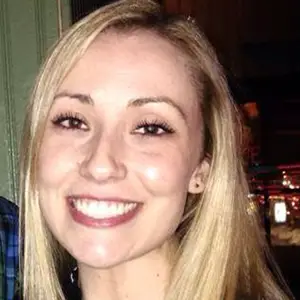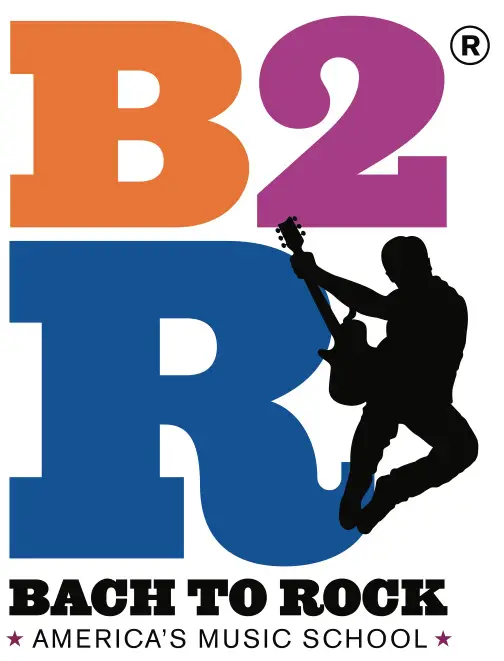Get the Best Family Activities
Registration, and Having the Conversation
Like the majority of New Yorkers, though, Tomasa is not a registered organ donor. While she wants to sign up and has the paperwork, it’s something that’s fallen through the cracks over time. Jeanne admits she wasn’t a registered donor before her daughter’s transplant. “It wasn’t that I didn’t want to be, I just never took that moment to make the commitment. I think that’s true for a lot of other people,” she says. “But I think the biggest thing I’ve learned since Lauren’s transplant is that the time of someone’s death is the wrong time to have that conversation.”
Shari Kurzrok Schnall, a Brooklyn mom of one who received a liver transplant in 2005 after battling Wilson’s Disease, agrees with Shields. “A lot of people think ‘It’s not a decision I need to make now’ or ‘It’s not going to happen to me.’ Then, unfortunately, they get into a situation when they have to make that decision and they don’t have enough information,” Schnall says. “I wish people weren’t afraid to have a conversation about it.”
To help explain why New York’s registration numbers are so much lower than other states, Dr. Goldstein points to a few flaws in the system, including a lack of information available to the public and a complicated registration process. Plus, there’s the fact that most urban New Yorkers don’t drive, which is a drawback because many people register to be a donor through the DMV when getting or renewing a driver’s license. In the past two years, the New York Organ Donor Network has made it a priority to make donor information more available to families of all cultures, which has helped increase the number of registered donors from 11 to 19 percent. And just recently, Governor Cuomo signed a policy that allows donors to sign up online (instead of printing the paperwork and mailing it in), which Dr. Goldstein expects will increase sign-ups exponentially (“How many people even know the cost of a stamp anymore?” he quips). Finally, the network expects a rise in registration as we near this year’s presidential election, because New York allows its residents to register for the donor network when they register to vote.
“The most important thing is to make sure your wishes are known,” Dr. Goldstein says. “Sign up for the registry and make sure your loved ones know that these are your wishes, so it doesn’t come down to an argument later in life.” For those on the fence about registering, Dr. Goldstein offers some perspective: “If you were sick or your loved one were sick and you were willing to accept an organ to save your life, why shouldn’t you be willing to donate when you no longer need that organ yourself?”
Schnall, who admits she didn’t register earlier in life because she mistakenly thought donation was against her religion, is now an ambassador for the New York Organ Donor Network and encourages individuals to take the time to make an educated decision before it’s too late. “The families I speak with who donate loved ones’ organs—it’s a difficult decision, but what they always come out and say is that it makes them feel like there was another purpose, and they feel like their loved ones live on.”
Signing up to be an organ donor is easy, free, and legally empowers you to save lives. To register, visit donatelife.net/register-now. You can also sign up in person at your local DMV or when you register to vote.
Debunking the Myths About Organ Donation
1. Registering as an organ donor does not affect the quality of medical care you receive in a hospital or emergency room. Doctors are dedicated to saving your life. Period.
2. Organ donation is accepted and encouraged by all major religions.
3. While you must be an adult to register, there is no age limit for deceased donation—everyone from infants to seniors can donate. The health of your organs is more important than your age.
4. Organ donation does not change the appearance of the body, so loved ones are still able to hold a funeral with a viewing.
5. There is no cost to the donor’s family for organ/tissue donation.
For more facts on organ donation, visit the United Network for Organ Sharing online.


.jpg)



